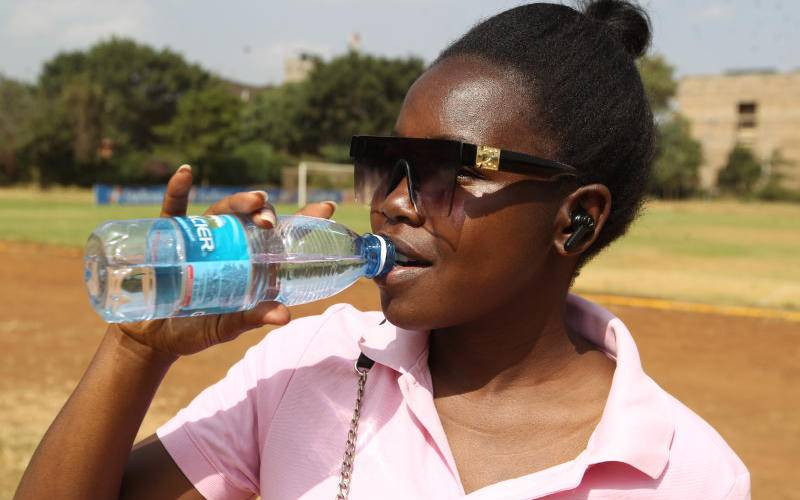×
The Standard e-Paper
Fearless, Trusted News

The dry season is here to stay - at least for the next one week - and conditions like high temperatures and low humidity are likely to persist. These conditions, health experts warn, are a good mix for effects such as dehydration, heat cramps and heat strokes.
In addition, malaria cases are likely to spike in disease-endemic zones as the hot weather encourages mosquitoes to thrive.







